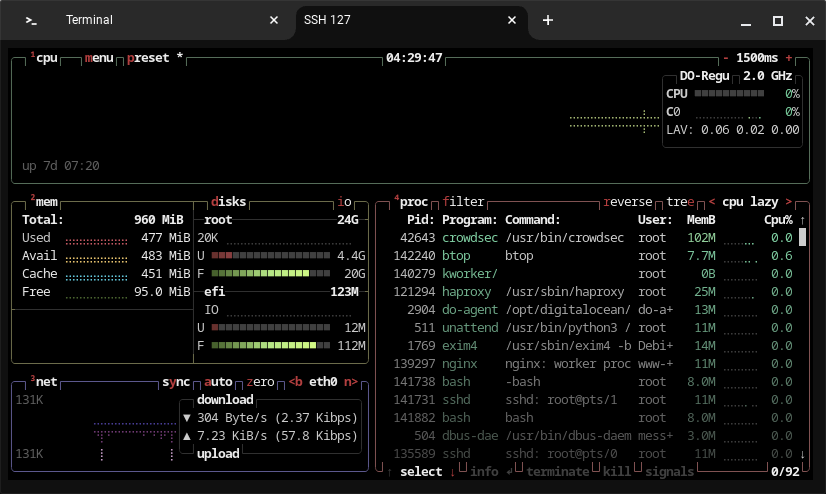Whoa I had no idea about this. Just put an m2 nvme in my refurbished 2017 HP elitedesk and didn’t even know to check for sata vs nvme. I thought they were all nvme.
- 0 Posts
- 9 Comments
I’m going to say yes as I sit here wearing a fedora tank top.

 13·3 months ago
13·3 months agoYou can import CSV files directly into an SQLite database. Then you are free to do whatever sql searches or manipulations you want. Python and golang both have great SQLite libraries from personal experience, but I’d be surprised if there is any language that doesn’t have a decent one.
If you are running Linux most distros have an SQLite gui browser in the repos that is pretty powerful.

 2·4 months ago
2·4 months agoI saw it put really well the other day. Any software has in general a set number of bugs per lines of code. Something like Debian the number of bugs goes down after release as only bugfixes occur, while anything constantly moving like a rolling release, is certain to grow in number of bugs as the less tested newer software (which generally includes more loc) is pushed. There are tradeoffs to both methods, and edge cases of course.
I second the people that said lineage OS. I am using it right now. I got this Nord phone because I knew they were easy to tinker with. I used it a bit and ended up with a newer galaxy. Well after I put lineage on the Nord every problem it had went away. Excellent battery life, runs smoothly, weekly security patches if I want etc. One thing that helped a lot was the “Aurora” app store. Let’s you install apps anonymously from the play store without requiring google services. Many of them won’t work due to the no google services, but a surprising amount of stuff does just fine even if it complains about it.
Haha I love it. c++ is definitely super useful. I never got that deep with it but I’ve certainly benefited from many things written in c++. Wrote small things and I’ve had to debug it on occasion just to get something working. It usually ended up being a compiler flag I had to set. I ended up going into web and network related stuff after college. Perl was my goto back then but I’m loving these newer languages and the thought put into some of it. For example the struct, interfaces, and type systems in go could probably replicate a lot of what you would use the classes and objects for.
I used c++ in college, and I think it’s useful to know c because so much relies on it. That said if I’m going to do something that needs performance I’ll look to go first, then rust if go isn’t a good fit, but that’s mostly because I know go better. Both are excellent languages.
If I just need something functional quick and easily I’ll turn to Python. If I need a net service quick node.js is great.



I just treat them like regular pickles and refrigerate after opening.